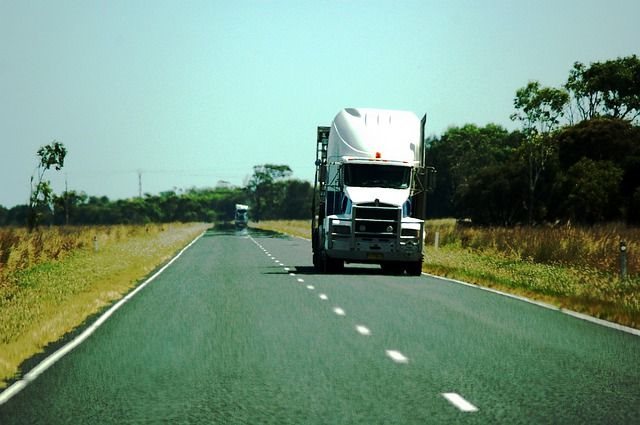No South African would contest the fact that many – though not all – of our roads are in a shocking state. For those responsible for the truck fleets that keep goods moving in, out and around the country, the state of our roads is an important factor that can impact both profitability and productivity.
Poor roads can increase the number of repairs that need to be undertaken, and can also increase the number of accidents, including fatal ones. Employee safety is one consideration – trucks stranded by the side of the road awaiting assistance are frequently targets for criminals of all types – but accidents of any kind obviously affect delivery times and the overall return on the investment in the vehicle.
It should also be recognised that repairs can take longer than usual because Covid-19 has impacted international supply chains negatively. At the same time, though, Covid-19 has driven a surge in online purchases, expanding the courier/ delivery market, creating new opportunities for transport operators.
While the long-term solution is for the authorities to implement an effective programme of road maintenance, what actions should fleet owners be taking to reduce the risk posed by poor roads?
Driver education. As in any business, success ultimately hinges on the quality and motivation of staff. Companies should ensure that their drivers are equipped to deal with all eventualities, including poor roads. One course of action would be to provide drivers with specialised training relating to driving on poor roads.
The training should also include the protocol to follow in the event of an accident or damage: what safety steps should be followed and what equipment (such as road beacons and high-visibility personal gear) should they be carrying? How do they call for help if needed? Perhaps some training in basic on-the-spot repairs and appropriate tools would be an option.
Vehicle maintenance. Well-maintained vehicles are better able to deal with poor roads, with the quality of tyres and shock absorbers being critical. Excessive vibration caused by poor roads will shake out any loose connections or poorly fastened items. A service contract with a specialist company might make long-term sense for those companies wanting to reduce their overheads without compromising safety and fleet productivity.
No overloading. Overloading is a common cause of damage to vehicles and poor performance on multiple levels. By keeping within the manufacturer’s specifications, and ensuring loads are correctly configured, your trucks have the best chance of surviving contact with potholes and other road hazards.
Roadside assistance. Sooner or later, trucks are likely to fall foul of poor road infrastructure. Make sure that you have the capability to respond quickly in order to minimise risk to drivers and cargoes, and get the vehicle moving again as soon as may be – third-party response may make the best sense here, particularly if your vehicles travel off the main routes.
Insurance. It goes without saying that every vehicle needs the correct level of insurance in terms of the risks it faces, including poor road infrastructure. Fleet owners should not neglect the essential task of negotiating the best policy for their needs – building a good working relationship with your insurer or broker will pay dividends here. Some insurers will offer roadside assistance as well.
The South African economy depends on a vibrant, proactive freight industry. Yes, our roads can pose challenges, but then the business of transporting precious cargoes around the country has bred an industry that knows how to make a plan. There are huge opportunities for fleet owners who take a clear-eyed approach to the risks they face and put the right processes in place to mitigate the risks.


































